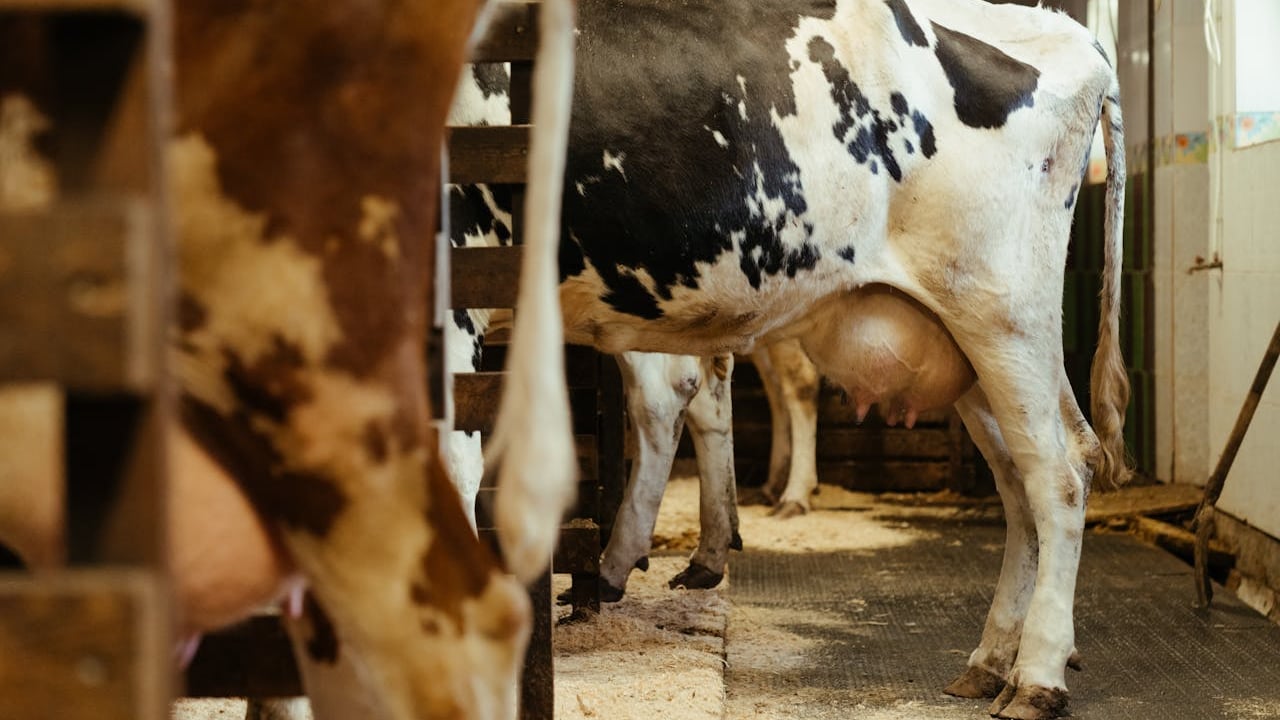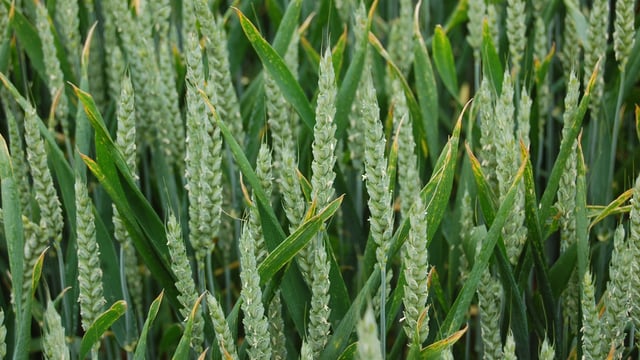'Major concern' as MSD ceases lepto vaccine production
The news that MSD Animal Health has ceased production of a widely-used vaccine for leptospirosis is a "major concern", according to Ireland's largest farming organisation.
Irish Farmers' Association animal health chairperson, TJ Maher has said that farmers are "now left scrambling to secure an alternative" vaccine.
MSD ruminant unit business director, Jack O'Connor has confirmed that the "difficult decision" has been made to discontinue the production of Bovilis Leptavoid-H.
“Bovilis Leptavoid-H was developed more than 30 years ago, and while this unique vaccine has a strong safety and efficacy profile, it has always proven very difficult to produce, creating recurrent supply challenges," O'Connor explained.
“Despite multiple years of improvement and remediation efforts, we have not been able to consistently supply the market with a product that meets our quality standards.
“MSD Animal Health is a strong advocate for the important role vaccination plays in reducing the incidence and severity of disease, protecting animal welfare and enabling efficient farming of livestock.”
IFA' s TJ Maher said this is going to create a serious issue for farmers who are due to administer a lepto vaccine to their herd in the coming months.
“Reports from our members indicate that there are little alternatives currently available with one of the key alternative vaccines not available until September," Maher said.
"This could mean that a lot of cattle herds will lose protection from leptospirosis if they miss their annual booster shot."
Leptospirosis is a bacterial disease that often leads to reduced milk production, decreased fertility and abortions in cows.
It is also a zoonotic disease meaning that humans can potentially pick up the disease from infected animals, which further increases the potential implications of this vaccine shortage.
The IFA animal health chairperson outlined that the availability of vaccines when needed is critical for farmers in protecting and maintaining the health, welfare and productivity of animals while reducing antibiotic usage.
“Over the last number of years, farmers have experienced increasing shortages of certain vaccines at critical times and here we are with the same problem yet again," Maher said.
"Pasteurella vaccine availability have been especially problematic this year.”
According to Maher, there have been several special import licences issued for alternative vaccines, but these "often come too late after supplies have been depleted".
"The Department of Agriculture must be more proactive in identifying potential supply issues at an early stage and intervene to avoid a situation like we are facing now where farmers may not be able to protect their herd from a potentially very harmful disease," Maher added.
“These vaccines are too important to animal and human health; we cannot have situations where these vaccines become unavailable to farmers."





